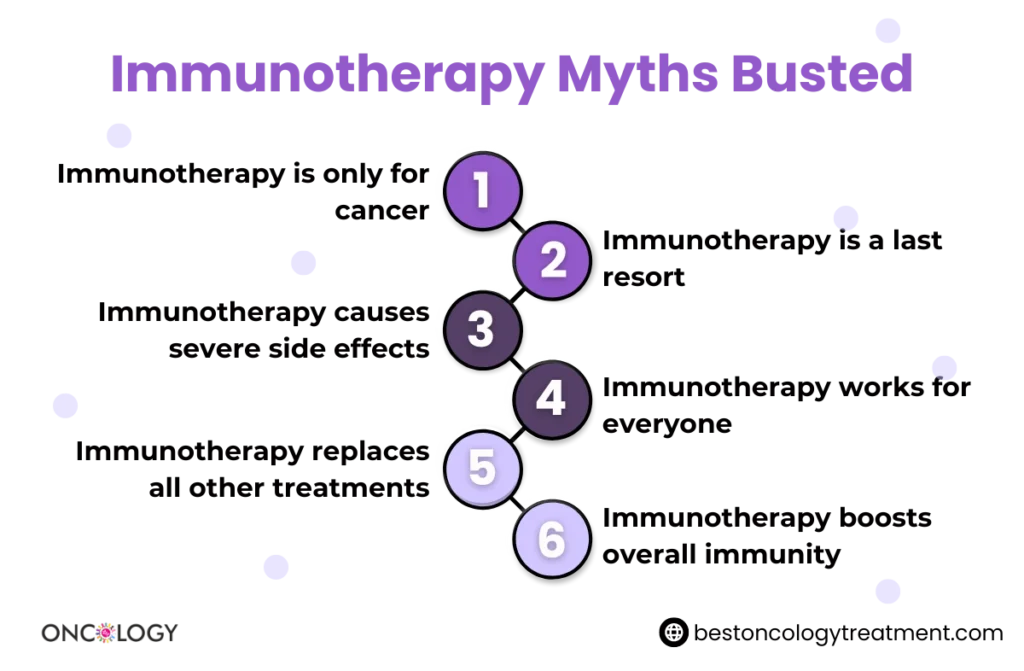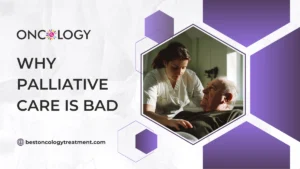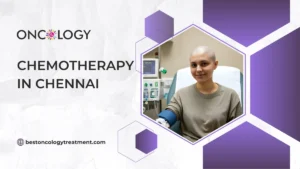In the ever-evolving world of oncology, immunotherapy cancer treatment has emerged as one of the most promising strategies for tackling cancer. It’s a groundbreaking form of treatment that boosts the body’s natural defenses to identify and eliminate cancer cells more effectively. This innovative method is transforming the way we think about cancer treatment options, offering hope to millions of patients worldwide. But what exactly is immunotherapy, and how does it fit into the larger picture of cancer care? In this blog, we’ll explore the essentials of immunotherapy, its benefits, and how it compares to more traditional treatments like chemotherapy.
By the end of this article, you’ll not only understand how immunotherapy works but also why it could be the future of cancer treatment and the potential cancer cure medicine that patients and families have been waiting for. Let’s begin this journey from awareness to action as we discover how immunotherapy is changing lives.
What is Immunotherapy?
Immunotherapy is a type of cancer treatment that utilizes the body’s immune system to fight cancer cells. Unlike traditional treatments such as cancer treatment chemotherapy, which directly targets and kills cancer cells, immunotherapy helps the immune system recognize and destroy these cells on its own.
The immune system, our body’s natural defense mechanism, is often able to eliminate abnormal cells. However, cancer cells can sometimes hide from the immune system or even suppress its activity. Immunotherapy addresses these challenges, reactivating the immune system’s ability to detect and attack cancer.
Key Points of Immunotherapy:
- Boosts the body’s natural immune response.
- Targets cancer cells while minimizing damage to healthy cells.
- Used for treating various types of cancers, including melanoma, lung cancer, and leukemia.
- It can be used in conjunction with other cancer treatment options such as surgery, chemotherapy, and radiation therapy.

Types of Immunotherapy
Several types of immunotherapy have been developed, each designed to target different aspects of the immune system. Here’s a brief overview of the main forms of immunotherapy:
- Checkpoint Inhibitors: These drugs help the immune system recognize and attack cancer cells by blocking proteins that prevent immune cells from working effectively. Checkpoint inhibitors have been used to treat a variety of cancers, including lung and skin cancer.
- CAR T-cell Therapy: This advanced treatment involves modifying a patient’s T-cells (a type of immune cell) in a lab, enabling them to target cancer cells more effectively. CAR T-cell therapy has shown great success in blood cancers like leukemia.
- Cancer Vaccines: These vaccines aim to stimulate the immune system to prevent or treat cancer. Unlike traditional vaccines, cancer vaccines are designed to target cancer cells rather than prevent infections.
- Monoclonal Antibodies: These laboratory-made proteins mimic the immune system’s ability to fight harmful pathogens. In cancer therapy, they bind to specific targets on cancer cells and can directly kill them or block their growth.
These types of immunotherapy offer exciting possibilities, but it’s important to remember that the best cancer treatment options vary depending on the patient and the type of cancer they have.
How Does Immunotherapy Differ from Chemotherapy?
When comparing immunotherapy and cancer treatment chemotherapy, there are several crucial differences that highlight the innovation behind immunotherapy.
- Targeted Approach: While chemotherapy attacks rapidly dividing cells indiscriminately (which is why it can affect healthy cells like hair follicles and the stomach lining), immunotherapy specifically boosts the body’s immune system to target cancer cells only.
- Fewer Side Effects: Immunotherapy often results in fewer and less severe side effects than chemotherapy. Since it doesn’t damage healthy cells to the same extent, patients might not experience the common side effects associated with chemotherapy, such as nausea, fatigue, and hair loss.
- Long-term Benefits: Immunotherapy’s effects may last longer than chemotherapy, as it helps the immune system develop a memory for cancer cells. This means it might continue to protect the body from cancer recurrence after the treatment ends.
That said, chemotherapy remains one of the most effective latest cancer treatment options for certain types of cancer and is often used in combination with immunotherapy to maximize results.
The Latest Immunotherapy Cancer Treatment Potential for a Cure
Researchers are optimistic about the future of immunotherapy Cancer Treatment is one of the most effective Latest cancer treatments for various cancers. The idea of developing a cancer cure medicine may not be far-fetched as immunotherapy techniques become more sophisticated. Current studies are exploring ways to increase its effectiveness, reduce side effects, and make it accessible for a broader range of cancers.
Clinical trials are underway to test new immunotherapy drugs and combinations with other treatments like chemotherapy and radiation. These trials aim to increase survival rates, reduce tumor sizes, and improve the quality of life for cancer patients. If these trials succeed, immunotherapy could become the latest cancer treatment to potentially cure previously untreatable cancers.
Who is a Candidate for Immunotherapy?
Not every cancer patient will benefit from immunotherapy, and its success depends on several factors:
- Type of Cancer: Some cancers, like melanoma and certain types of lung cancer, respond better to immunotherapy.
- Stage of Cancer: Immunotherapy is most effective in earlier stages of cancer, though ongoing research is expanding its use in advanced cancers.
- Patient Health: Patients with robust immune systems and overall good health are more likely to respond well to immunotherapy.
Discussing treatment options with your oncologist is crucial in determining if immunotherapy is the right choice for your cancer treatment plan.
Benefits of Immunotherapy
Immunotherapy offers several significant benefits that make it an appealing option for cancer patients:
- Personalized Treatment: Immunotherapy can be tailored to your unique genetic makeup and the specific type of cancer you have.
- Long-Lasting Protection: By training your immune system to recognize and remember cancer cells, immunotherapy offers long-term protection against cancer recurrence.
- Fewer Side Effects: Compared to traditional chemotherapy, immunotherapy tends to have fewer and less severe side effects.
Is Immunotherapy the Future of Cancer Treatment?
As immunotherapy research progresses, there is increasing optimism that it will become the go-to option for treating cancer. With its potential to reduce the reliance on toxic treatments like chemotherapy and offer long-term cancer remission, immunotherapy could change the landscape of oncology.
The success stories of patients whose cancers have gone into remission after receiving immunotherapy continue to grow, showcasing its potential as a cancer cure medicine of the future.
Conclusion
Immunotherapy represents hope for the future of cancer treatment. By leveraging the power of your immune system, it provides a more personalized, less harmful alternative to traditional treatments. If you or a loved one is battling cancer, it’s worth exploring whether immunotherapy could be a part of your treatment plan.




